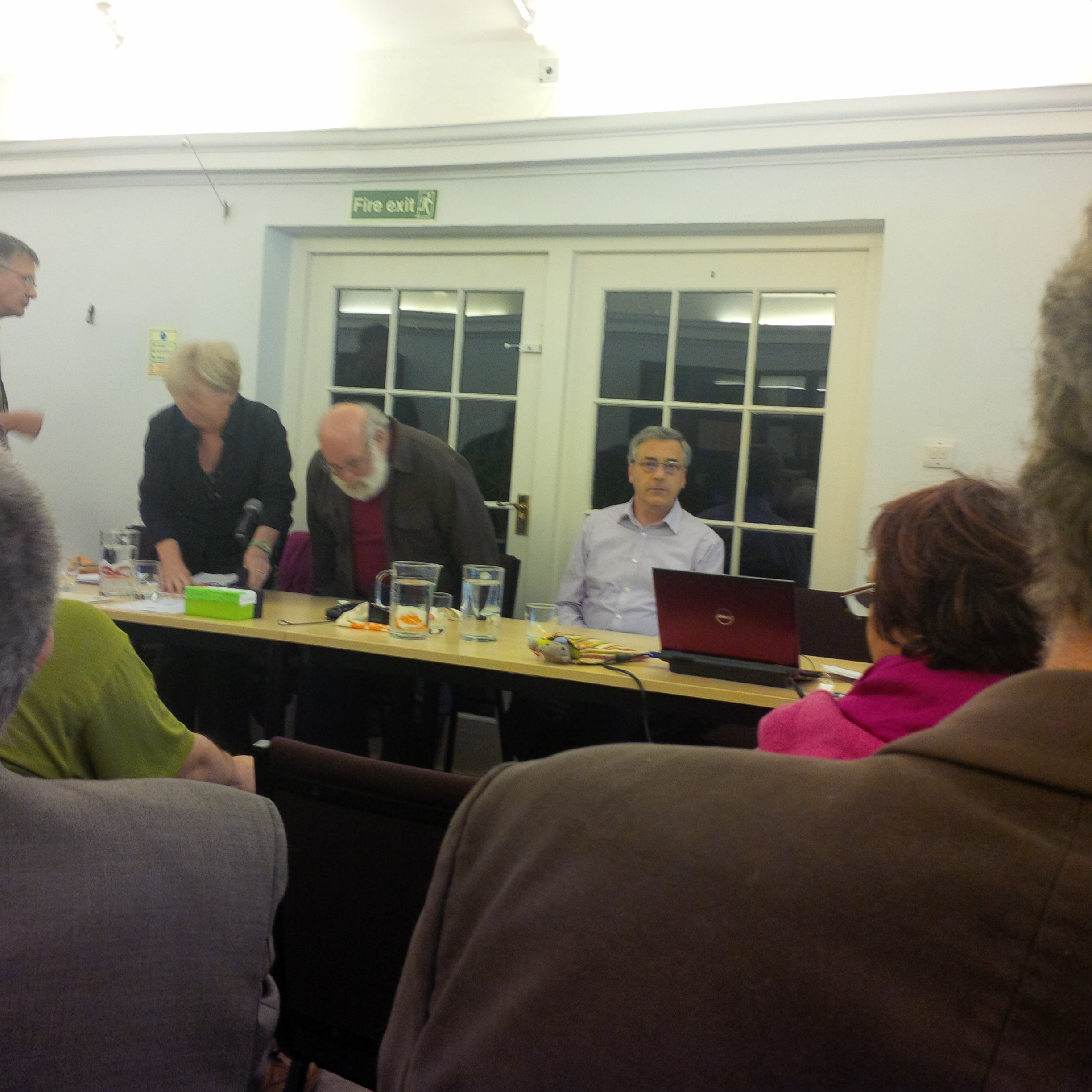Earlier this week the Guardian reported on the sentencing of a British student to 32 months of imprisonment after he was found guilty of throwing an empty fire extinguisher during a protest in London against the proposed rise in university tuition fees.
Several interesting points arise from this report; not least the objective and fact-based style in which it is written and the complete non-acceptance on the part of the British police and judicial system of violence as a legitimate form of protest. The presiding judge was reported as stating that:
“It is deeply regrettable, indeed a shocking thing, for a court to have to sentence a young man such as you to a substantial term of custody, but the courts have a duty to provide the community with such protection from violence as they can, and this means sending out a very clear message to anyone minded to behave in this way that an offence of this seriousness will not be tolerated.”
“The right of peaceful protest is a precious one. Those who abuse it and use the occasion to indulge in serious violence must expect a lengthy sentence of immediate custody.”
“If ever a case calls for a deterrent sentence, this is it. I wish to stress, however, that this is not a case of making an example of you alone. Anyone who behaves in this way and comes before the courts must expect a long sentence of custody.”
The Metropolitan Police’s head of public order was quoted as saying that:
“We all recognise and respect the fundamental right to peaceful protest. That is why we go to such lengths to engage with demonstration organisers before and during these events.”
“What we, the police, and those who live and work in London cannot and will not tolerate is violence against members of the public or police officers, or damage to property.”
We can only speculate as to what would have been the reaction of this British court had the student actually injured anyone or had he been involved not in a one-off incident, but in regular and repeated acts of similar violence over a number of years, but it seems reasonable to assume that either scenario would not have been taken lightly.
In stark contrast, on the very same day, Harriet Sherwood wrote on her new blog about the court case of one of the organizers of the weekly violent protests in Bil’in.
As is well-known both from video and photographic evidence, and the accounts of some participators in these demonstrations, which have been going on for several years already, they have resulted in injury to hundreds of Israeli security personnel as well as considerable damage to property.
And yet, it seems that Abdallah Abu Rahma should be thanking his lucky stars that he does not live –and operate – in London, where sentences for protest-related violence and damage appear to be much harsher than in Israel.
“[M]ilitary prosecutors argued for him to be detained until their appeal for a longer sentence could be heard. They wanted him to serve two years “as a deterrence not only to [Abu Rahmah] himself, but also to others who may follow in his footsteps”.
Today the judge extended the sentence to 16 months, of which Abu Rahmah has served 13.”
Sherwood is quick to invoke the statements of the EU Foreign Minister Catherine Ashton and Desmond Tutu which have been instrumental in the miraculous transformation of Abu Rahma into a ‘human rights activist’.
“This was criticised by Cathy Ashton, the EU foreign policy chief, who described him as a “human rights defender committed to non-violent protest against the route of the Israeli separation barrier”.
Archbishop Desmond Tutu of South Africa also condemned the conviction.”
She also informs readers that “[d]iplomatic representatives from seven European countries – including the UK – as well as the European Union were present in court today”, without bothering to ask why such action took place without any diplomatic reasoning behind it: Abu Rahma is not a citizen of any or all of those countries as far as is known.
Of course the Guardian is not alone in being guilty of double standards when it comes to violent protest; the EU and the British government are at least as culpable, if not more so. These two cases, however, give some sense of just how wide the gap of cognitive dissonance is in some European minds.
A violent protestor in the United Kingdom can receive a stiff sentence for a first offence and the case is reported dispassionately and without the whitewashing of his deeds in the press, with no EU condemnation, not a word from Human Rights Watch or Amnesty International, and without foreign diplomatic busybodies feeling the need to be present at his trial.
No journalist will write impassioned op-eds about the dangers to British democracy resulting from the imprisonment of a young student whom some might claim was defending his human right to affordable education and were the Israeli, or any other Foreign Minister, to pay a visit to the organizers of the London student protests and express support for their campaign, Britain and the rest of the world would consider such an action both a diplomatic faux pas, and frankly – quite mad.
One can only wonder at the remarkable double standards which continue to enable European politicians and opinion makers to vociferously demand that Israelis accept as legitimate actions and situations which their own societies unequivocally refuse to tolerate.




